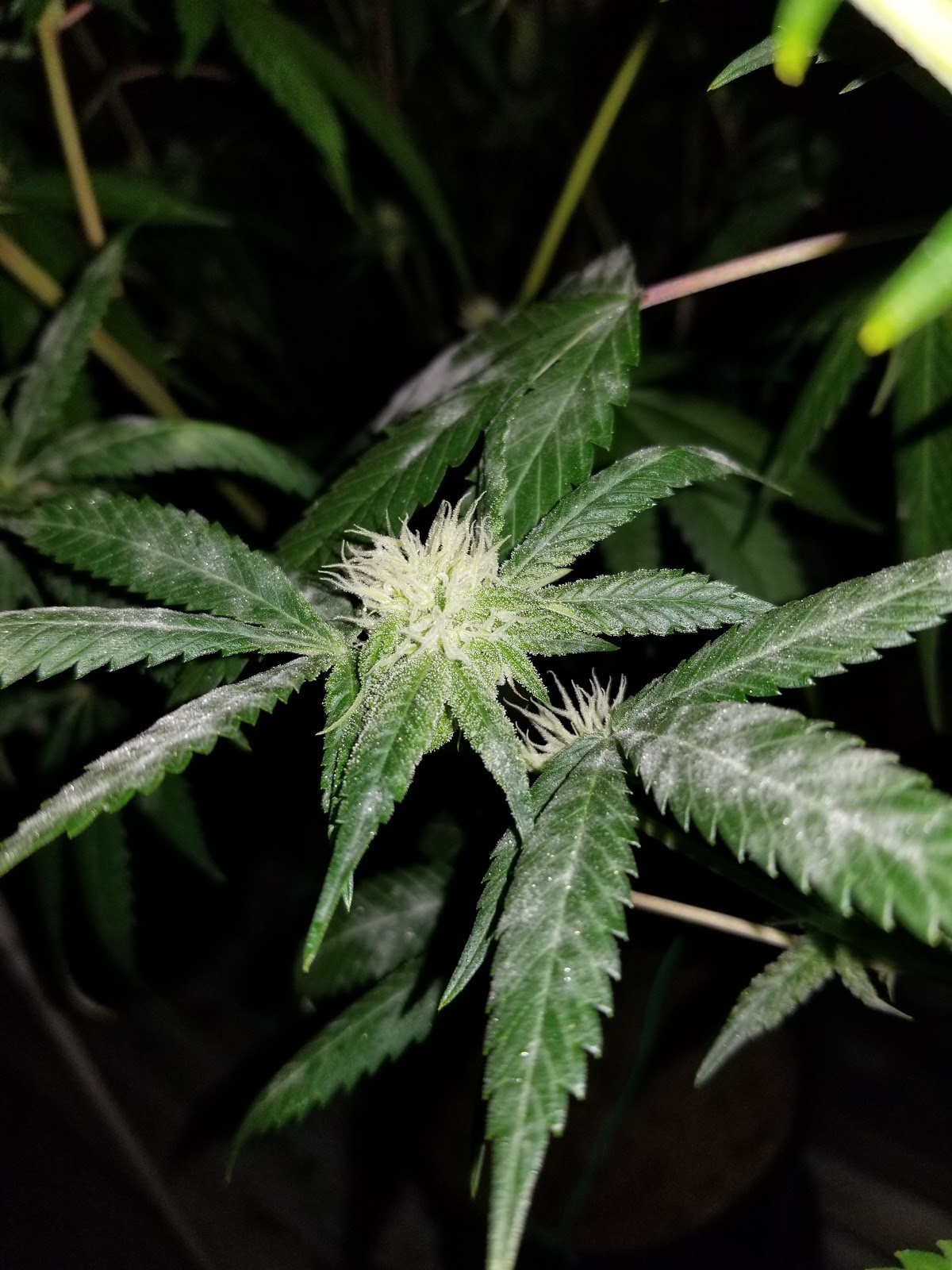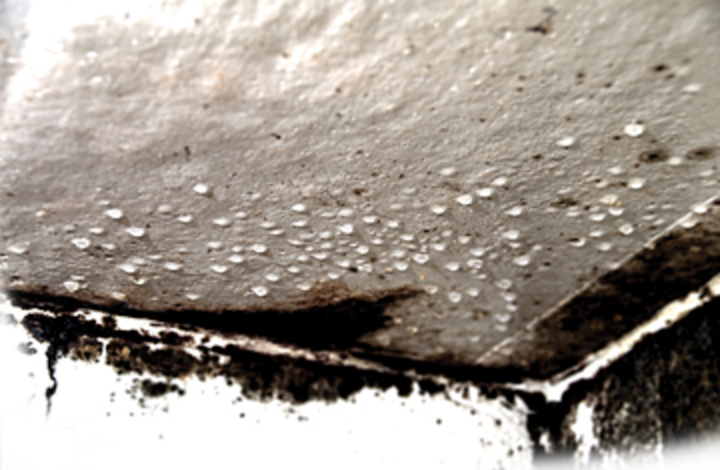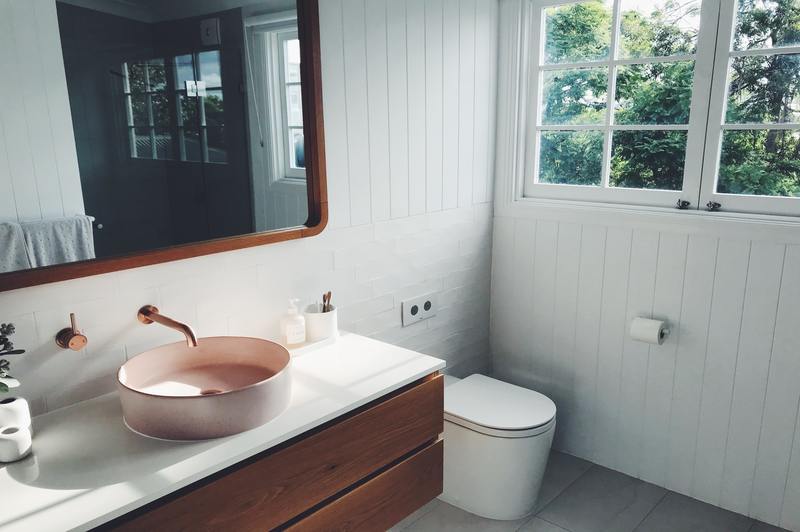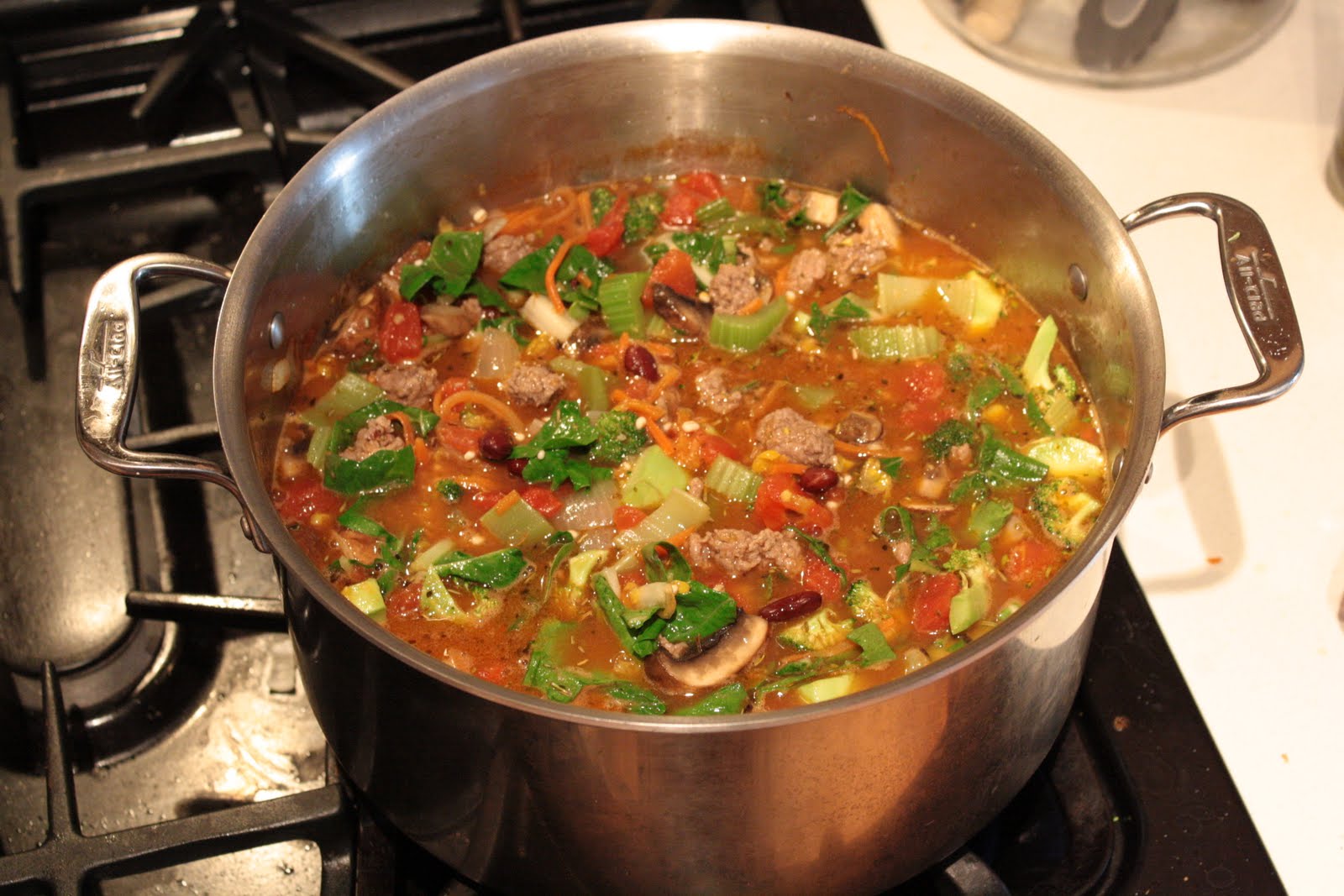The presence of a mildew smell in your kitchen sink can be quite unpleasant and can make it difficult to enjoy spending time in the heart of your home. But what exactly causes this pungent odor? The most common cause of mildew smell from a kitchen sink is the growth of mold or mildew. This can occur due to a number of reasons, such as poor ventilation, moisture buildup, and food particles getting stuck in the drain. Mold and mildew thrive in damp and dark environments, making your kitchen sink an ideal breeding ground for them. If left unattended, these microorganisms can quickly spread and cause not only a foul smell but also potential health risks. It's important to identify the root cause of the mildew smell to effectively get rid of it and prevent it from coming back.1. Causes of Mildew Smell from Kitchen Sink
If you're wondering how to tackle the mildew smell coming from your kitchen sink, don't worry, there are several solutions you can try. The first step is to thoroughly clean the sink and drain using a mild detergent or vinegar solution. Be sure to scrub all surfaces, including the drain basket and garbage disposal, to remove any food particles or buildup that may be contributing to the smell. You can also pour a mixture of baking soda and hot water down the drain to help eliminate any lingering odors. For tough smells, you may need to use a specialized mildew and mold cleaner. Additionally, regularly using a disinfectant or bleach solution to clean your sink can help prevent the growth of mold and mildew.2. How to Get Rid of Mildew Smell from Kitchen Sink
If you prefer to use natural and chemical-free solutions, there are some DIY options you can try to get rid of the mildew smell from your kitchen sink. One popular method is to pour a mixture of lemon juice and baking soda down the drain and let it sit for a few minutes before rinsing it out with hot water. You can also create a solution using equal parts white vinegar and water and pour it down the drain. Let it sit for a few minutes before rinsing with hot water. Another trick is to freeze vinegar in an ice cube tray and then run the cubes through the garbage disposal to freshen up the drain.3. DIY Solutions for Mildew Smell from Kitchen Sink
In addition to the DIY solutions mentioned above, there are other natural remedies that can help eliminate mildew smell from your kitchen sink. One option is to use essential oils, such as tea tree oil or eucalyptus oil, which have antimicrobial properties and can help kill mold and mildew. Simply add a few drops to your cleaning solution or mix with water and use it to wipe down the sink and drain. You can also use a combination of hydrogen peroxide and water to disinfect and deodorize your sink. Just be sure to test it on a small area first to make sure it doesn't damage the sink's surface.4. Natural Remedies for Mildew Smell from Kitchen Sink
If the mildew smell persists after trying various DIY and natural remedies, it may be time to seek professional help. A plumber can inspect your sink and drain for any underlying issues that may be contributing to the smell, such as clogs or leaks. They can also use specialized tools and cleaners to thoroughly clean and sanitize your sink and drain. In some cases, you may need to call in a mold remediation company if the mold and mildew growth is extensive. They have the expertise and equipment to safely remove and prevent the spread of mold and mildew in your kitchen sink.5. Professional Services for Mildew Smell from Kitchen Sink
The best way to deal with a mildew smell in your kitchen sink is to prevent it from happening in the first place. Regular maintenance and cleaning can go a long way in preventing the growth of mold and mildew. Make sure to wipe down your sink and drain after each use and avoid leaving dirty dishes or food scraps in the sink for extended periods. You can also use a drain catcher to prevent food particles and debris from getting stuck in the drain. Additionally, improving ventilation in your kitchen by opening windows or using exhaust fans can help keep the area dry and prevent mold and mildew growth.6. Preventing Mildew Smell from Kitchen Sink
Sometimes, our own habits can contribute to the development of a mildew smell in the kitchen sink. One common mistake is pouring grease and oil down the drain, which can lead to buildup and clogs. This can create a breeding ground for mold and bacteria, resulting in a foul smell. Another mistake is not properly cleaning the sink and drain, allowing food particles and debris to accumulate and cause a buildup of bacteria and mold. It's important to regularly clean and disinfect your sink and drain to prevent the growth of these microorganisms.7. Common Mistakes that Cause Mildew Smell from Kitchen Sink
Aside from the obvious unpleasant smell, there are other signs that indicate the presence of mildew in your kitchen sink. These include visible dark spots or discoloration in the sink or around the drain, a slimy film on the surface of the sink, and an increase in allergies or respiratory issues in household members. If you notice any of these signs, it's important to take action and address the issue to prevent it from getting worse and causing potential health risks.8. Signs of Mildew Growth in Kitchen Sink
The presence of mold and mildew in your kitchen sink can have negative effects on your health, especially if you or your family members have allergies or respiratory conditions. Breathing in the spores from mold and mildew can cause symptoms such as coughing, sneezing, and wheezing, and may even lead to more serious health issues in some individuals. Furthermore, the buildup of bacteria and mold in your sink and drain can contaminate the dishes and utensils you use, potentially causing food poisoning or other illnesses. It's important to address the mildew smell and prevent its growth to ensure a safe and healthy kitchen environment.9. Health Risks of Mildew Smell from Kitchen Sink
The key to preventing mildew smell from your kitchen sink is to regularly clean and maintain it. This not only helps keep the area smelling fresh, but it also prevents the growth of mold and bacteria. Make it a habit to clean your sink and drain at least once a week, and be sure to address any leaks or clogs promptly to avoid creating a hospitable environment for mold and mildew. In addition to regular cleaning, it's also important to address any underlying issues, such as poor ventilation or plumbing problems, to prevent the mildew smell from recurring. In conclusion, a mildew smell from your kitchen sink may seem like a minor inconvenience, but it's important to address it promptly to prevent potential health risks and ensure a clean and pleasant kitchen environment. By understanding the causes and implementing effective solutions, you can say goodbye to that unpleasant odor and enjoy spending time in your kitchen once again.10. Importance of Regular Cleaning to Avoid Mildew Smell from Kitchen Sink
Mildew Smell from Kitchen Sink: Causes and Solutions
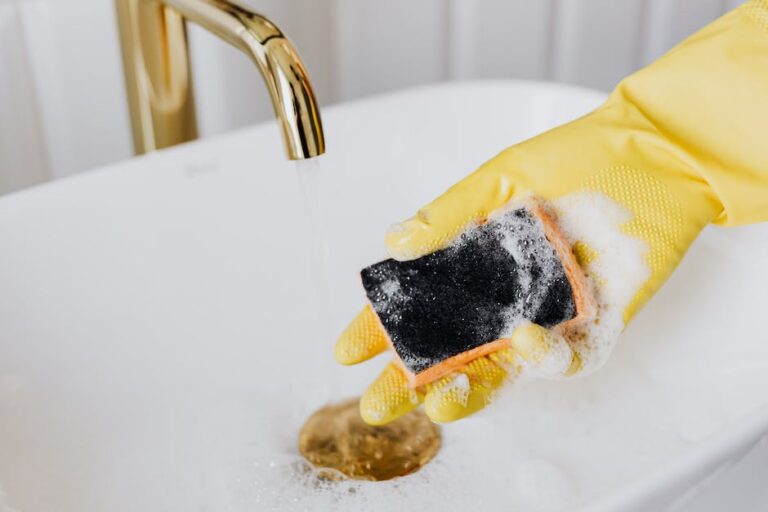
The Problem
 If you've noticed a strong, musty odor coming from your kitchen sink, chances are you have a mildew problem. Mildew, a type of mold, thrives in damp and dark environments, making your kitchen sink the perfect breeding ground. Not only is the smell unpleasant, but mildew can also be harmful to your health, causing respiratory problems and allergies. It's important to address this issue as soon as possible to prevent it from spreading to other areas of your home.
If you've noticed a strong, musty odor coming from your kitchen sink, chances are you have a mildew problem. Mildew, a type of mold, thrives in damp and dark environments, making your kitchen sink the perfect breeding ground. Not only is the smell unpleasant, but mildew can also be harmful to your health, causing respiratory problems and allergies. It's important to address this issue as soon as possible to prevent it from spreading to other areas of your home.
The Causes
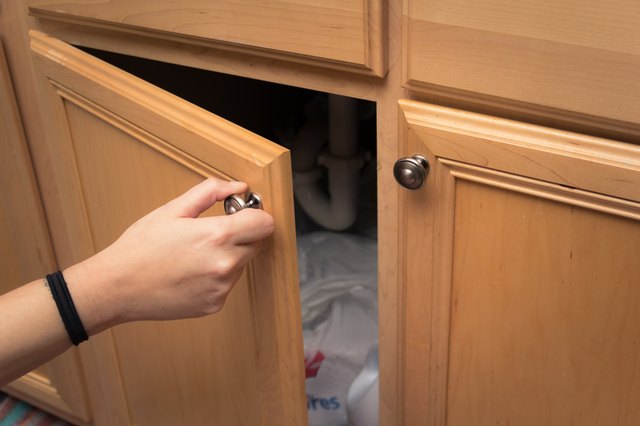 There are a few reasons why you may be experiencing a mildew smell from your kitchen sink. The most common cause is standing water in your sink. If you leave dishes or food scraps in the sink for too long, the moisture can attract mildew and bacteria. Another culprit could be a clogged drain or garbage disposal, allowing water to sit and stagnate in your pipes. Lastly, if your kitchen sink is not properly ventilated, it can create a warm and humid environment, ideal for mildew growth.
There are a few reasons why you may be experiencing a mildew smell from your kitchen sink. The most common cause is standing water in your sink. If you leave dishes or food scraps in the sink for too long, the moisture can attract mildew and bacteria. Another culprit could be a clogged drain or garbage disposal, allowing water to sit and stagnate in your pipes. Lastly, if your kitchen sink is not properly ventilated, it can create a warm and humid environment, ideal for mildew growth.
The Solutions
 The first step in addressing a mildew smell from your kitchen sink is to clean and disinfect the area.
Use a mixture of hot water and vinegar to scrub the sink and drain thoroughly. This will help to kill any bacteria and remove any lingering odors. For tougher cases, you can also use a mildew-specific cleaner or bleach. It's important to regularly clean your sink to prevent any further mildew growth.
To prevent standing water in your sink, make sure to rinse and dry dishes promptly after use.
This will prevent any moisture from accumulating and attracting mildew. Additionally, be sure to regularly clean and maintain your garbage disposal and drains.
Use a mixture of hot water, baking soda, and vinegar to flush out any buildup and keep them running smoothly.
Lastly,
proper ventilation is key in preventing mildew in your kitchen sink.
Make sure your sink has proper airflow by keeping a window open or using a fan. You can also install a dehumidifier in your kitchen to reduce moisture levels and discourage mildew growth.
The first step in addressing a mildew smell from your kitchen sink is to clean and disinfect the area.
Use a mixture of hot water and vinegar to scrub the sink and drain thoroughly. This will help to kill any bacteria and remove any lingering odors. For tougher cases, you can also use a mildew-specific cleaner or bleach. It's important to regularly clean your sink to prevent any further mildew growth.
To prevent standing water in your sink, make sure to rinse and dry dishes promptly after use.
This will prevent any moisture from accumulating and attracting mildew. Additionally, be sure to regularly clean and maintain your garbage disposal and drains.
Use a mixture of hot water, baking soda, and vinegar to flush out any buildup and keep them running smoothly.
Lastly,
proper ventilation is key in preventing mildew in your kitchen sink.
Make sure your sink has proper airflow by keeping a window open or using a fan. You can also install a dehumidifier in your kitchen to reduce moisture levels and discourage mildew growth.
In Conclusion
 A mildew smell from your kitchen sink is not only unpleasant but also a potential health hazard. By understanding the causes and implementing these solutions, you can eliminate the smell and prevent future mildew growth. Regular cleaning, proper maintenance, and good ventilation are key in keeping your kitchen sink smelling fresh and clean.
A mildew smell from your kitchen sink is not only unpleasant but also a potential health hazard. By understanding the causes and implementing these solutions, you can eliminate the smell and prevent future mildew growth. Regular cleaning, proper maintenance, and good ventilation are key in keeping your kitchen sink smelling fresh and clean.



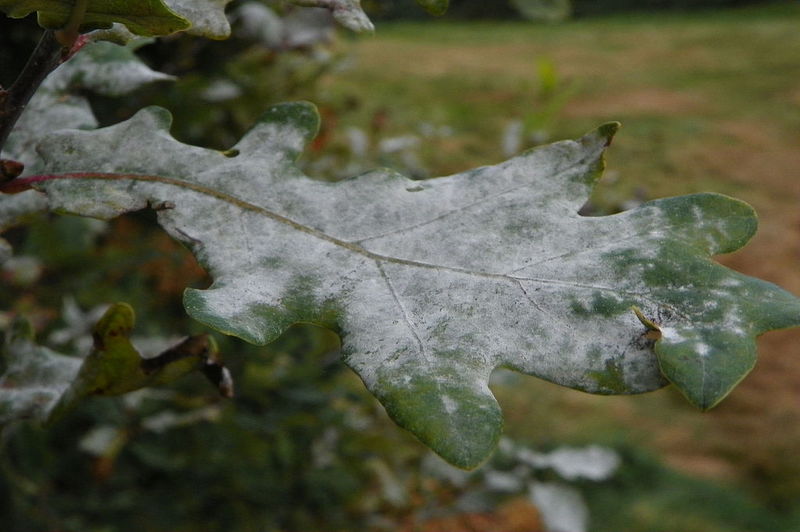
:max_bytes(150000):strip_icc()/identifying-mold-vs-mildew-4799138-final-4266e4b3d84c4401a7c1d8b6835dcc97.png)
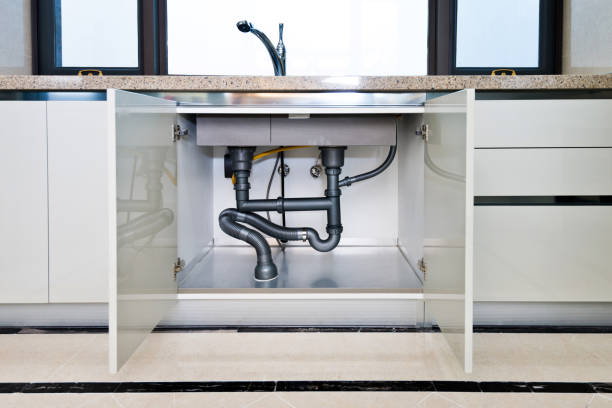
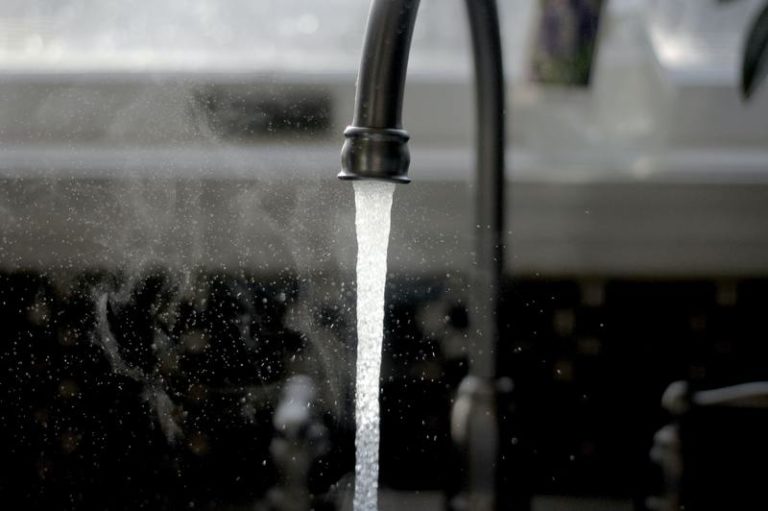












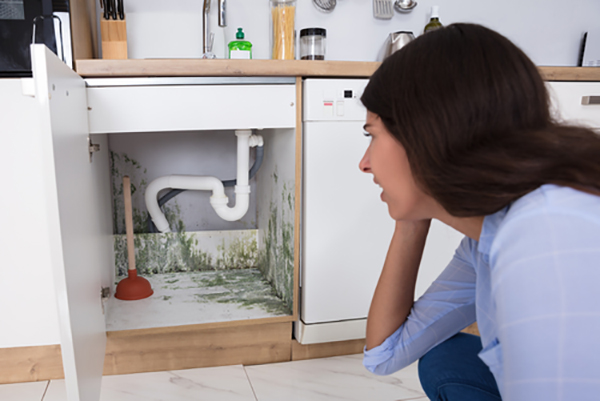





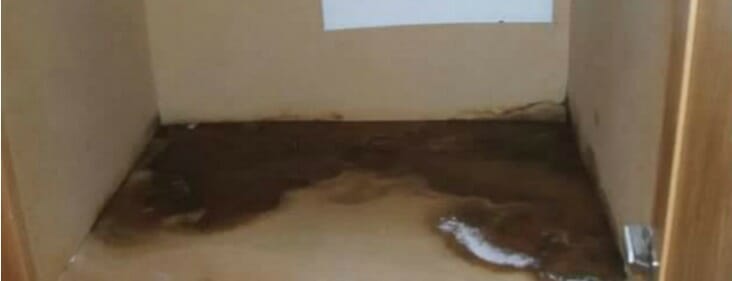



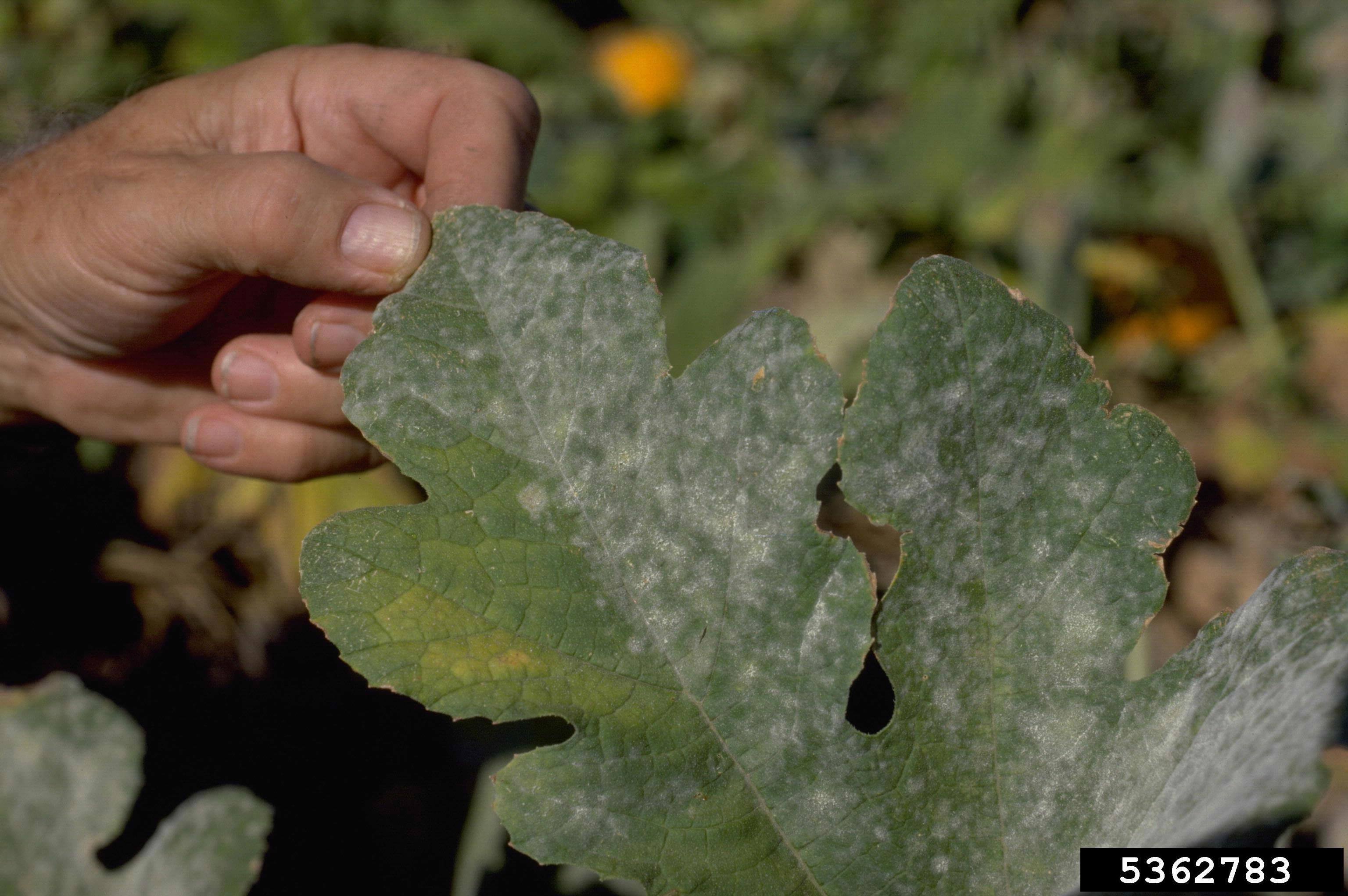


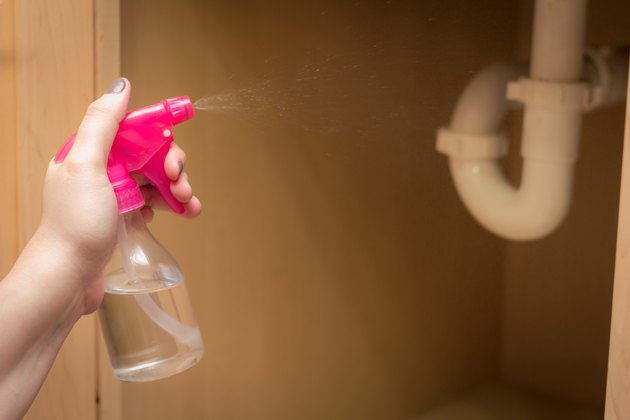


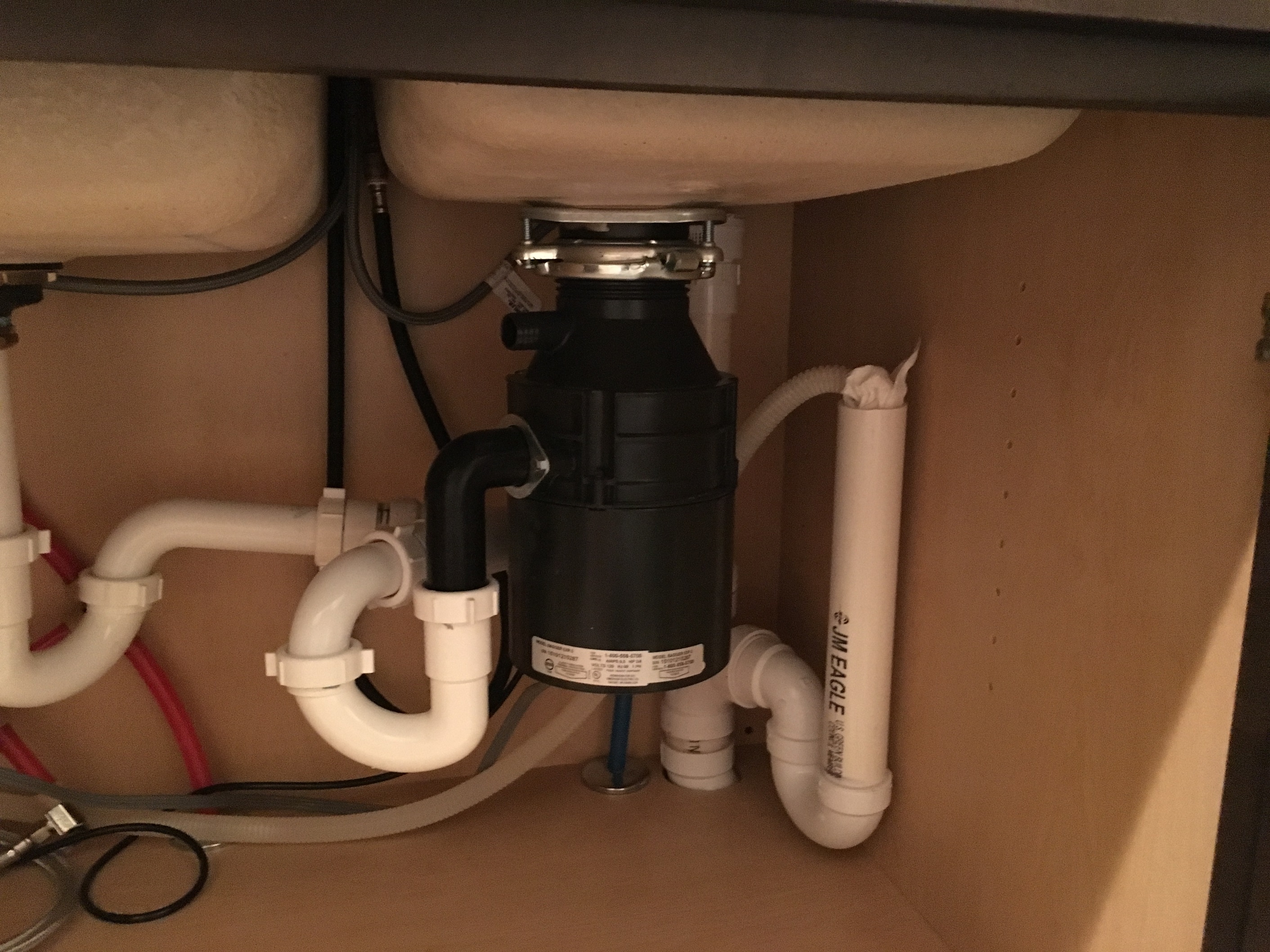
.png)





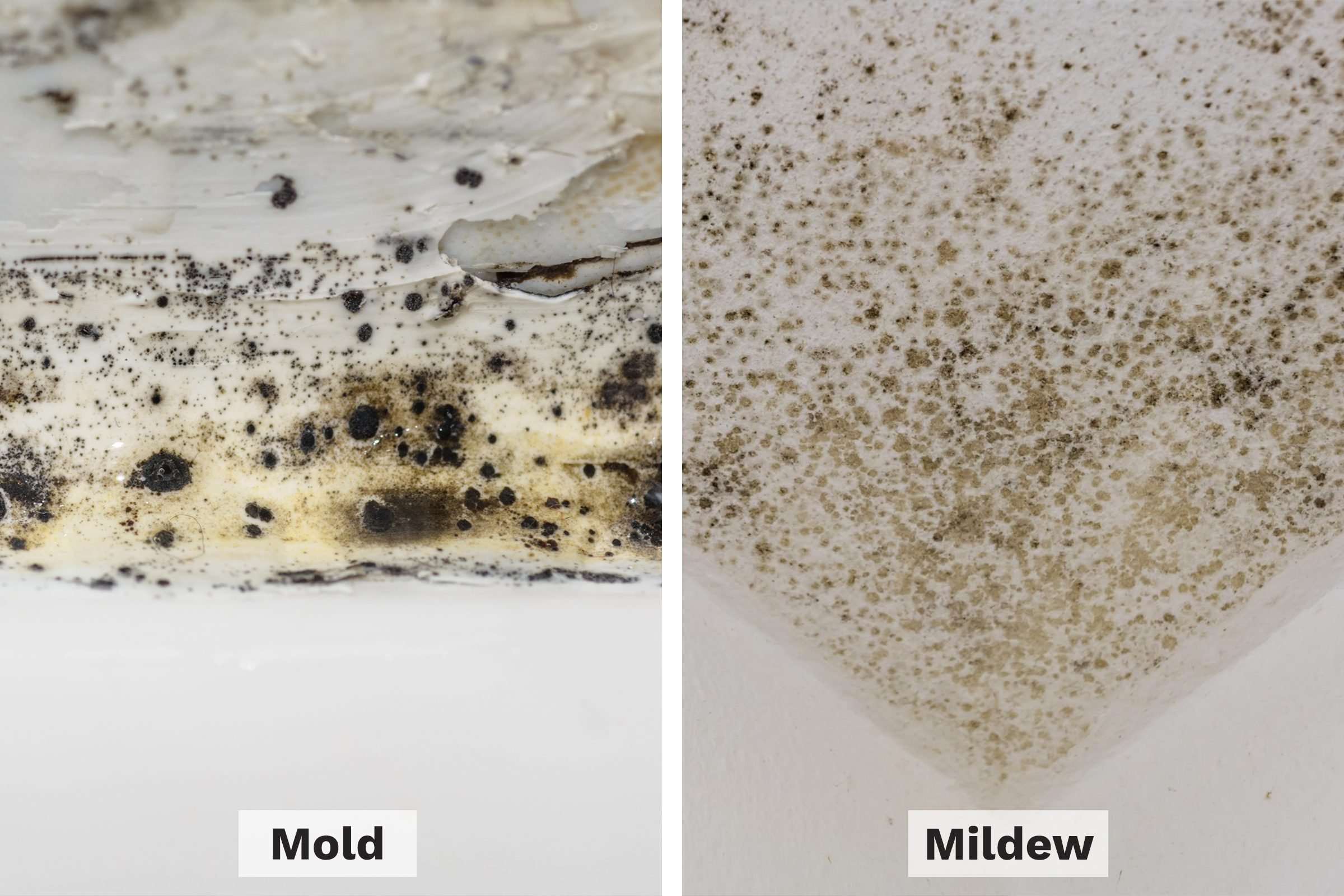
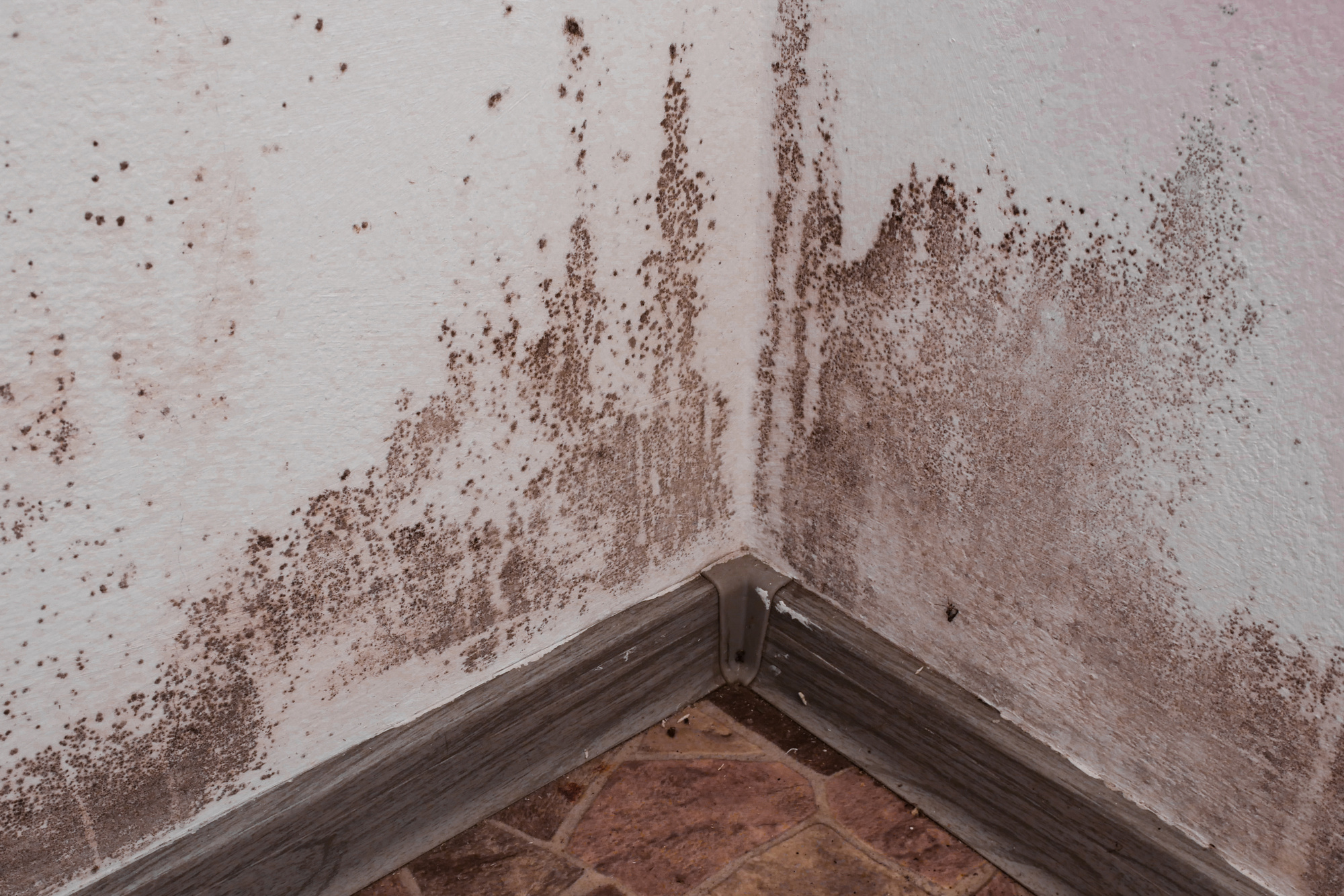



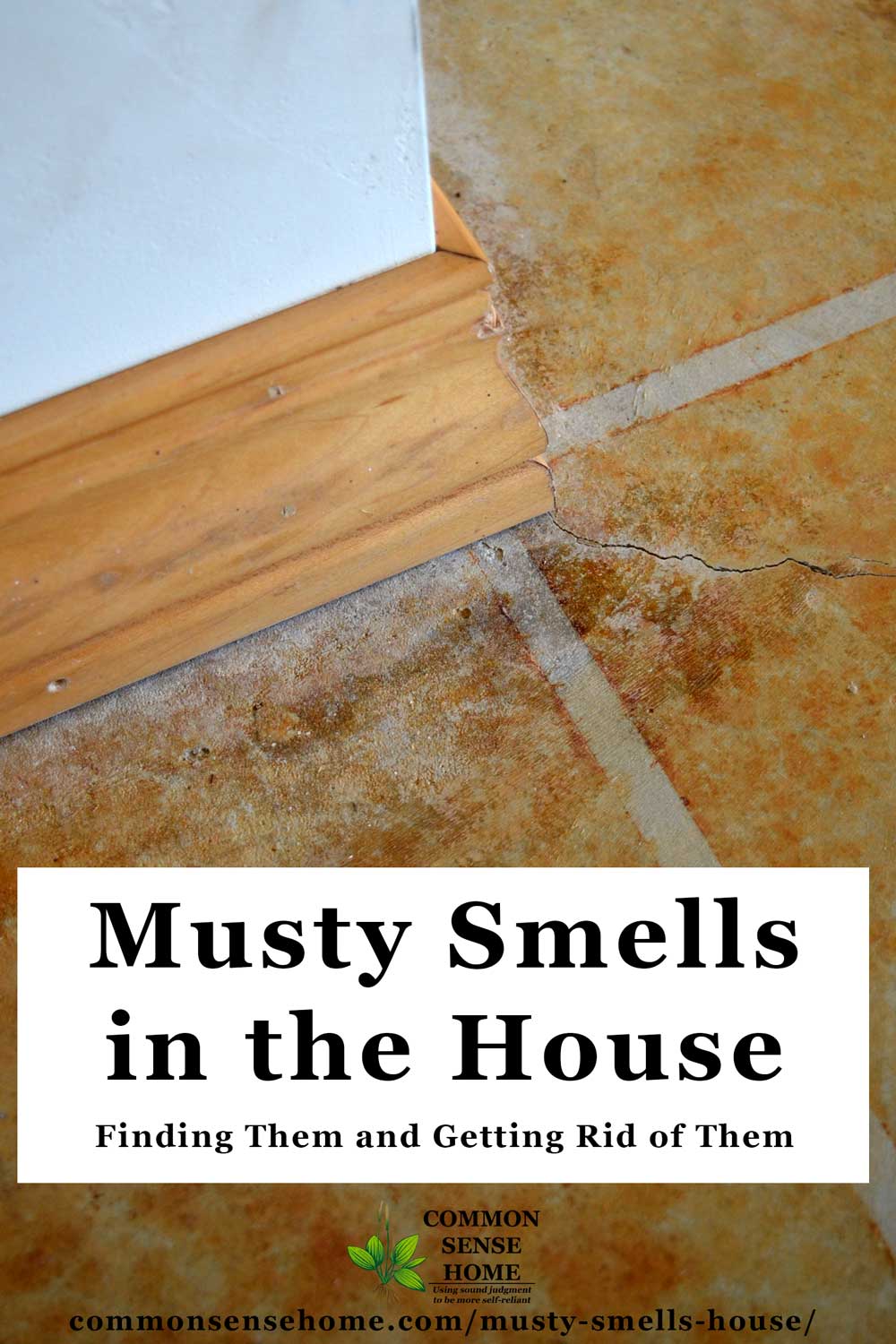



:max_bytes(150000):strip_icc()/sink-pipe-under-wash-basin-119001607-6f28aec4c66944efb7a9a38cb622ab8b.jpg)


